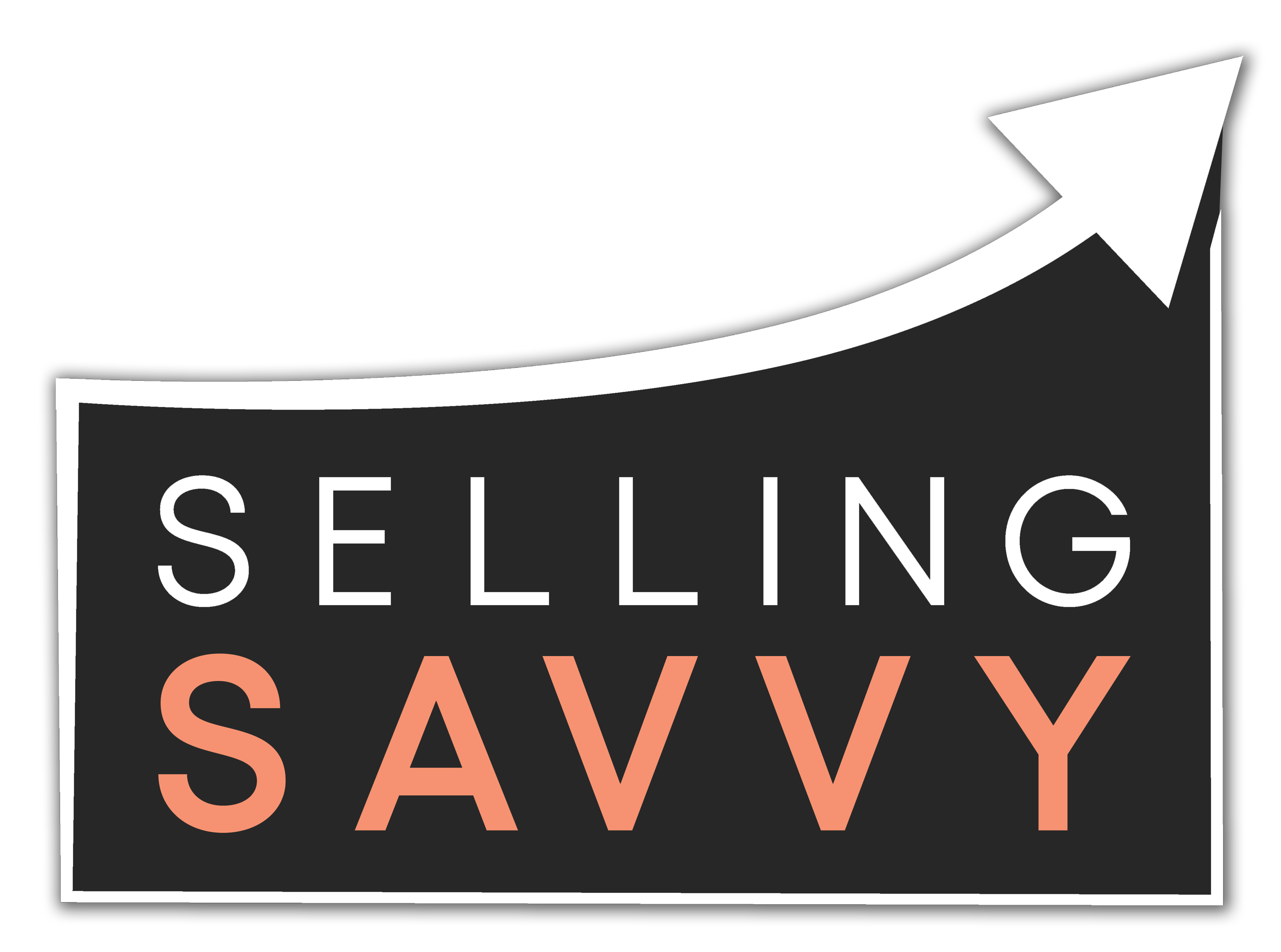Hospitality leaders have been figuring out how to manage a remote sales team since the post-lockdown new normal. But it continues to be a steep learning curve for many, in a people- centric sector where everybody and everything are so hands-on deck. So, you’re not alone if the holy grail of how to manage a remote sales team continues to elude you.
The thing is, managing a remote sales team in the hospitality and events industries brings unique challenges, from maintaining motivation to ensuring consistent, free-flowing communication.
The good news is remote hospitality and events sales can be just as impactful, if not moreso than traditional setups. But you need to get it right.
Here’s how to manage a remote sales team by overcoming the obstacles, promoting togetherness even when they’re apart, and setting up your people for success.
What are the Challenges of Remote Sales Work?
There’s no denying remote sales teams face hurdles that can adversely impact their performance, including key culprits like:
- Communication gaps – Your sales team risks misunderstandings or missed opportunities without the in-person interactions of chatting across the desk or popping their head around a colleague’s office door.
- Motivation and morale – Working remotely can lead to feelings of isolation, which can, in turn, reduce productivity and engagement.
- Access to tools – Ensuring remote sales staff have access to the right technology to work effectively can be a logistical nightmare.
But the hospitality and events sectors are renowned for problem-solving. And it’s no different in terms of how to manage a remote sales team. Where there’s a will, there’s a way.
How to Manage a Remote Sales Team for Optimum Results
Successfully managing a remote sales team isn’t quite child’s play. But it’s not mission impossible either. It just calls for strategic planning and consistent effort.
And the best place to start is with practical solutions to some of the most common challenges:
- Define clear expectations – Don’t just set clear goals, KPIs, and workflows. In addition, communicate and track them regularly to keep everyone on-the-ball and aligned.
- Nurture relationships -Schedule regular 1:1 and team check-ins. And on an extra-curricular basis, team-building activities are a fun yet powerful way to build a sense of camaraderie.
- Equip them to succeed – There’s nothing worse than remote work being constantly impeded by lack of access to essential tools, or thwarted by systems that aren’t networked. This is why it’s non-negotiable to provide reliable CRM tools, secure file-sharing platforms, and professional communication systems. With the likes of Teams, Zoom, Dropbox, Google Workspace, Monday, Salesforce and Slack available (to name but a few), there’s no excuse!
- Balance supervision and autonomy – Support your team’s productivity and be there for them. But don’t micromanage. It can be counterproductive and hardly screams trust.
- Celebrate wins – Recognise and reward achievements to keep morale high and motivation soaring.
- Invest in online training – Keep skills sharp with remote learning tools for accessible and ongoing personal and professional development.
Give it a Human Touch
The personal touches matter even more in a remote sales environment. For this reason, be sure to make time for informal chats, share funny anecdotes, and have non-work natters to build trust and rapport.
At the end of the day, happy hospitality and events sales teams attract more prospects and close more deals. This is why investing in relationships pays off.
Bring Out the Best in Your Remote Sales Team
Building trust, staying connected, and achieving sales success remotely is no small feat. But it’s absolutely doable! You can create a high-performing team that performs in any environment when you’ve got clear strategies, a focus on connection, and the right tools of the trade.
At Selling Savvy, we’ll help you learn how to manage a remote sales team with confidence and clarity. So, don’t let distance hold your team back. Get in touch HERE to find out how to turn remote challenges into winning opportunities.



